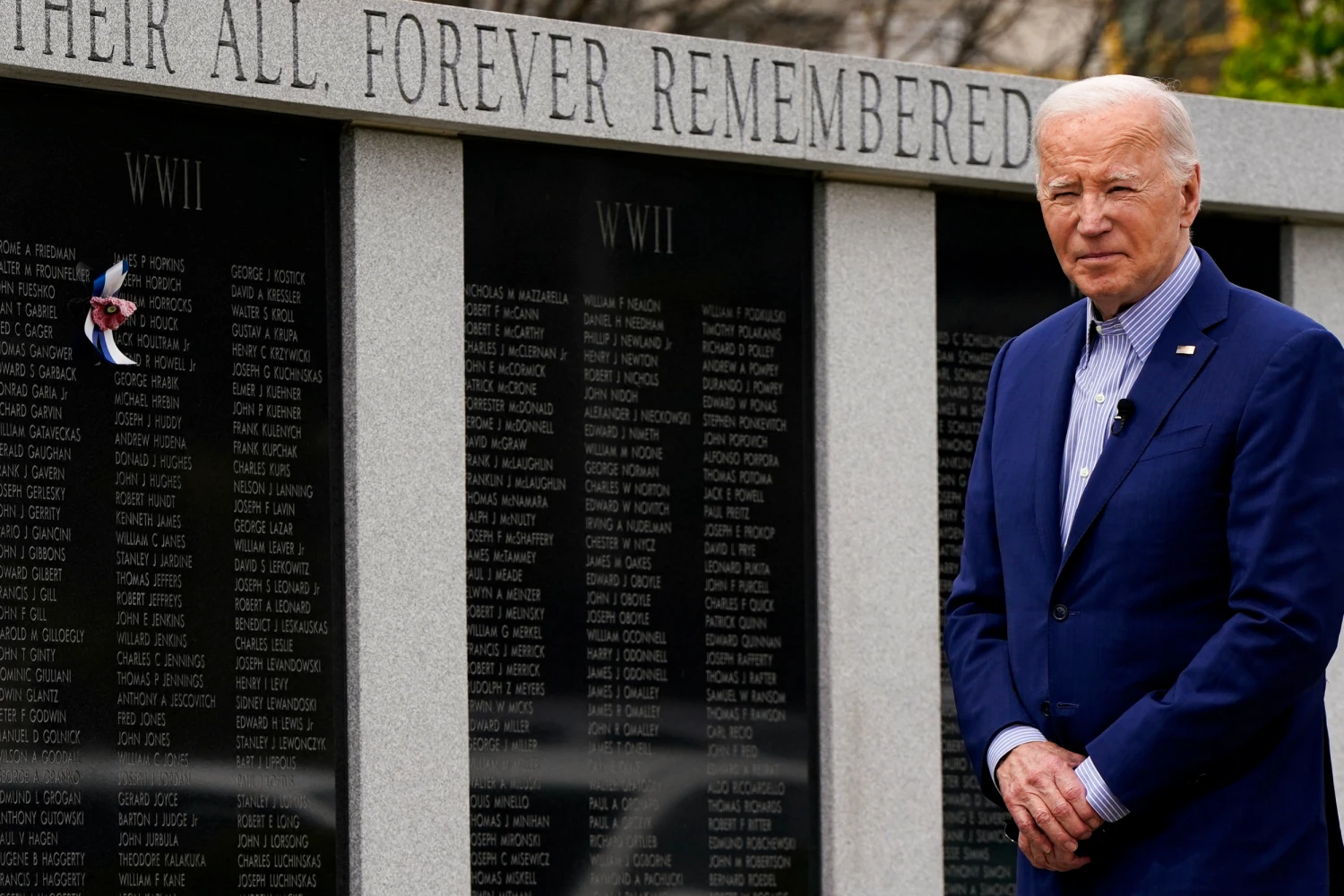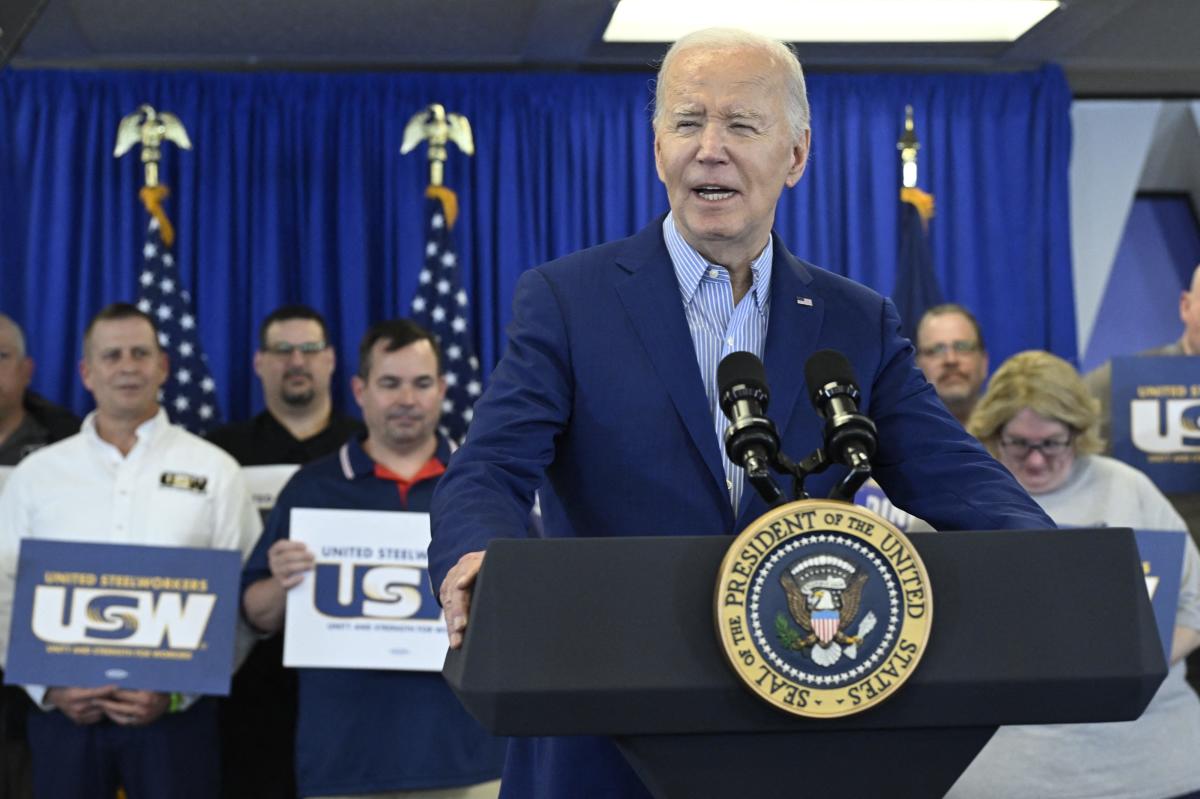President Joe Biden made headlines this week with comments suggesting that his uncle, Ambrose Finnegan, who died during World War II, might have been eaten by cannibals after his plane crashed off the New Guinea coast.
This account diverged from the official report by the Defense POW/MIA Accounting Agency (DPAA), which states that Finnegan and two others were lost in the crash. Biden recounted this story twice, once during a visit to a war memorial in Scranton, Pennsylvania, and again at the United Steelworkers union’s headquarters in Pittsburgh.
According to the DPAA, Finnegan was part of a crew that left on an A-20 havoc from Momote Airfield but was forced to ditch in the ocean off the north coast of New Guinea due to engine failure. Despite an aerial search the next day, no trace of the missing aircraft or crew members was found. Finnegan’s remains have never been recovered, and he remains unaccounted for to this day.

Biden’s mention of cannibals in New Guinea was made in the context of recounting his uncle’s service and the dangers he faced as a reconnaissance pilot. However, it starkly contrasts with the official narrative provided by the DPAA, which makes no mention of cannibalism. Biden’s comments came amidst broader discussions about former President Donald Trump’s alleged derogatory remarks about fallen soldiers, a topic Biden addressed during his remarks in Pittsburgh.
While Biden’s storytelling about his uncle’s fate may have raised eyebrows, it fits into a pattern of embellishments and inaccuracies that have marked Biden’s public statements over the years.
From claims about his involvement in civil rights protests to exaggerations about personal anecdotes, Biden has faced scrutiny for the accuracy of his narratives. The White House press secretary, Karine Jean-Pierre, did not directly address the accuracy of Biden’s cannibalism account but emphasized his commitment to honoring veterans and their families.
In light of Biden’s history of embellishments, his comments about his uncle’s fate may be viewed with skepticism. However, they also serve as a reminder of the sacrifices made by servicemen like Ambrose Finnegan and the importance of honoring their memory. Despite the discrepancies in Biden’s storytelling, the broader message of recognizing and supporting veterans remains a central theme.
